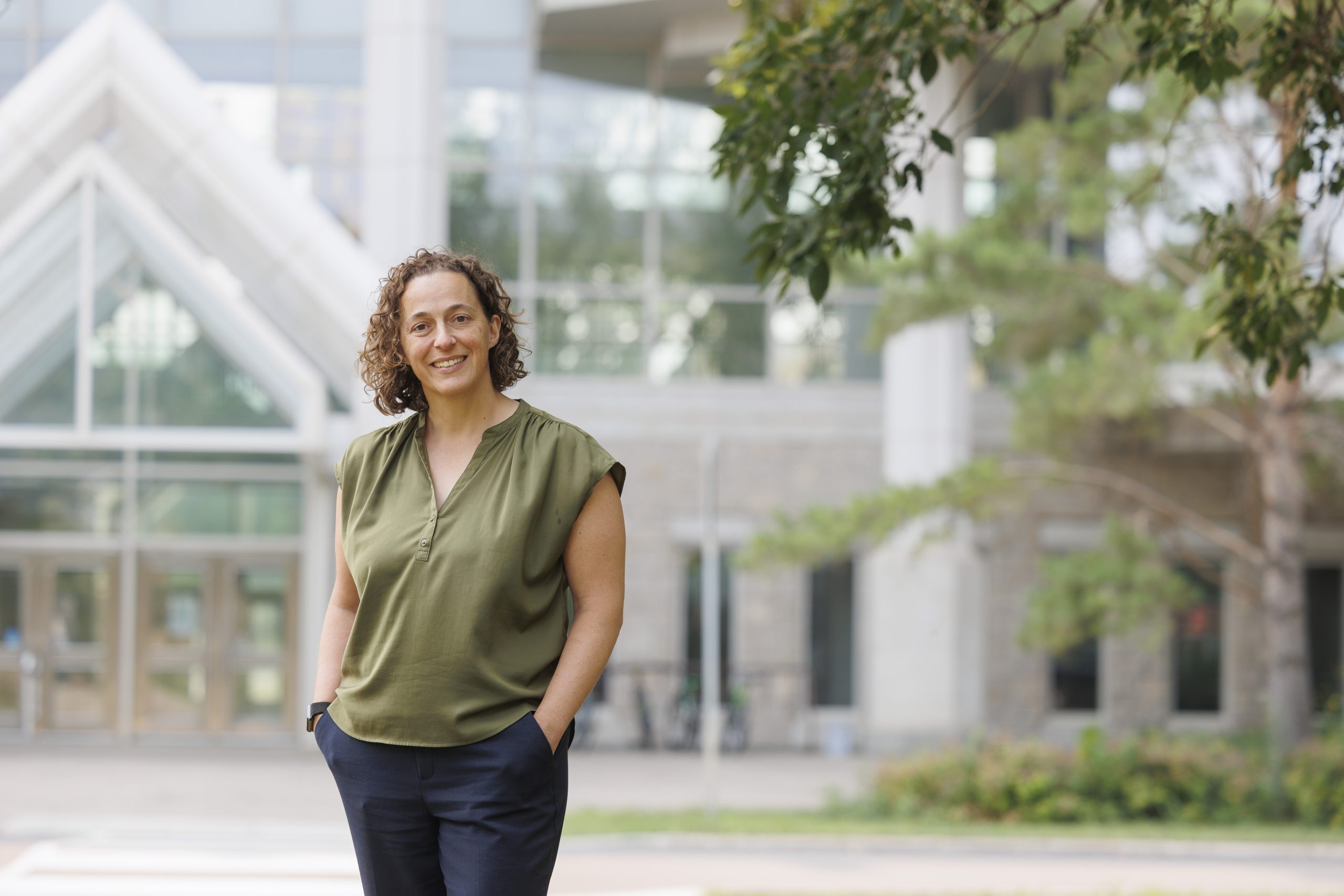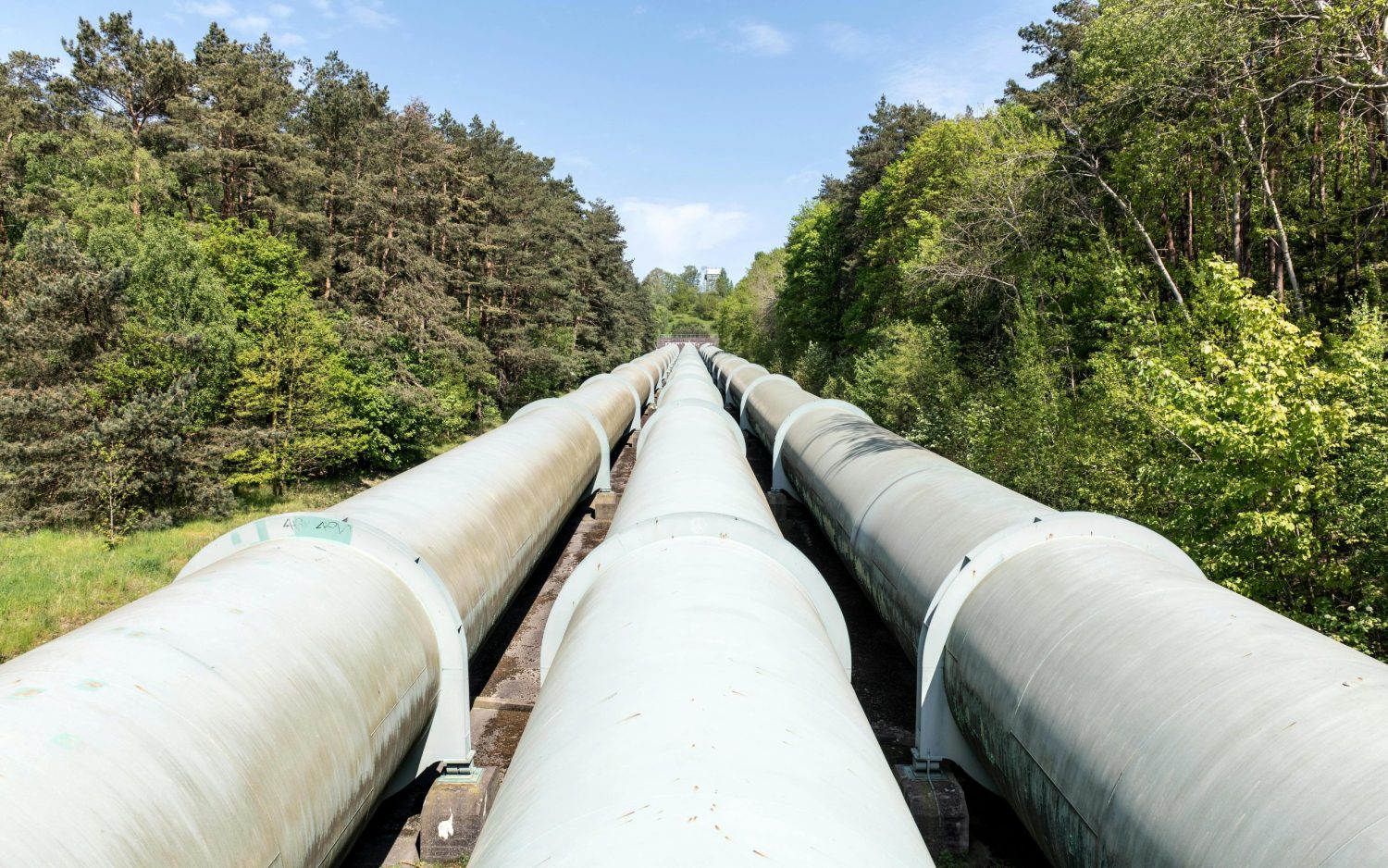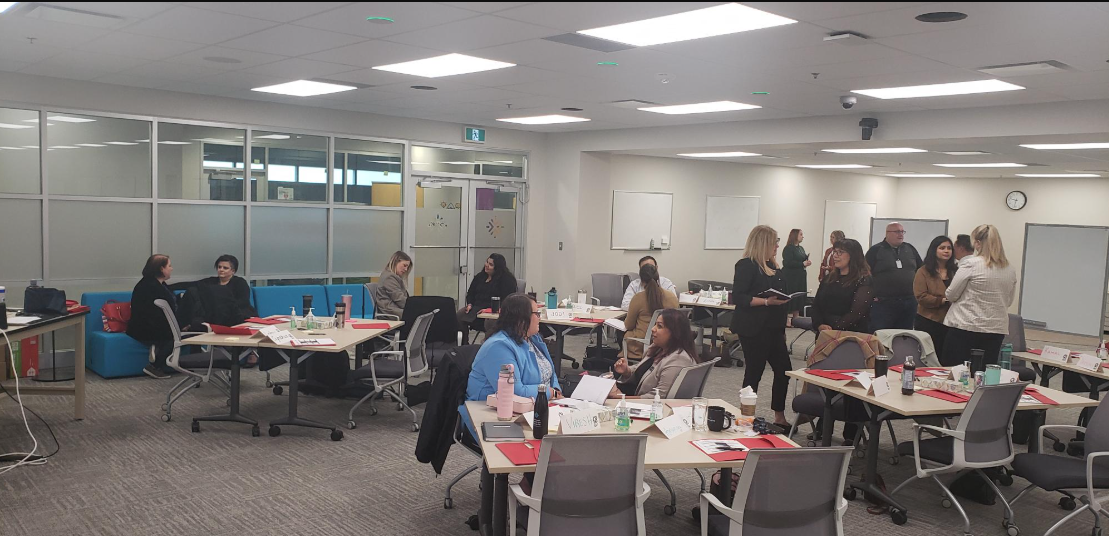Every July, the Calgary Stampede puts agriculture in the spotlight, from the rodeo to the food on our plates. For a few days, the city pauses to celebrate the work that often happens behind the scenes.
For the College of Agriculture and Bioresources at the University of Saskatchewan (USask), that spotlight doesn’t stop when Stampede ends. Students are learning there’s more to agriculture than most people think. It’s not just farming; it’s water, climate, food systems and the choices that shape how we live.
Dr. Angela Bedard-Haughn, Dean of the college, has spent her career connecting students to those bigger ideas. “Agriculture isn’t just about crops and animals,” she says. “It’s about systems thinking. It’s about people, the environment and how we feed the world responsibly.”
A program built on history and connection
The agriculture college is one of the oldest at USask, with roots going back to 1912. It was created to help early settlers adapt to life and farming on the Prairies.
“Back then we had something called the Better Farming Train,” says Dr. Bedard- Haughn. “Faculty would travel by train and stop in small towns to teach workshops on farming and research.”
In 2025, the tools may have changed but the goal remains the same. The college continues to support communities through education and applied research.
A major strength of the program is its focus on hands-on learning. Students work in labs, barns, growth chambers and field sites.
“Our students get regular experience working with animals and crops,” says Dr. Bedard-Haughn. “It gives them the skills they need for summer jobs and long-term careers.”
That practical learning goes hand in hand with strong student life.
“We have a really active student body,” she says. “Clubs, volunteer work and fundraisers are all part of the experience. Students connect with each other in a way that is becoming rare at other schools.” As for students still making decisions on the educational route they’d like to take, Dr. Bedard-Haughn encourages students to explore agriculture, even if they never saw themselves in the field.
“There is so much more to agriculture than people realize,” she says. “Whether you are into tech, environment, health or economics, there is a role for you. The need for people who understand food systems is only growing.”
Systems thinking and new technologies
As global demand for food grows, USask is helping students see agriculture as a complex system.
“We look at sustainability in a broad way” says Dr. Bedard-Haughn. “Environmental, economic and social.”
That means everything from protecting soil health to reducing runoff, from supporting biodiversity to improving food access.
“We train students to look at the full value chain” she says. “From soil microorganisms to plant breeding to global supply chains, you cannot focus on just one piece without thinking about how it affects the rest.”
USask is also pushing forward with new tools and technologies. They recently launched Nutrien Centre for Sustainable and Digital Agriculture as one example. It focuses on using data, digital tools and precision systems to make agriculture more efficient and informed.
A new precision agriculture certificate is also open to students in agriculture, computer science and engineering. “We need people who understand how to connect these fields,” says Dr. Bedard-Haughn.
Looking ahead
The college is also home to kihci okâwîmâw askiy, the Great Mother Earth Knowledge Centre. It supports Indigenous-led land management and integrates both scientific research and traditional practices.
“We now offer certificates and diplomas designed to support Indigenous land managers,” says Dr. Bedard-Haughn. “It is one of the ways we are expanding how we serve different communities.”
Over the next few years, the college plans to expand access to learning for students in rural and remote communities.
“We want to support distributed learning and better connect with First Nations and other remote areas,” says Dr. Bedard-Haughn.
She also sees a shift in public understanding of agriculture.
“People are starting to realize that agriculture is more than the old stereotype,” she says. “It includes climate research, public policy, data science and business. There is space here for so many different interests and skills.”
Visit https://agbio.usask.ca to learn more about programs, research and student opportunities. Agriculture is changing fast and you could be part of where it goes next.







